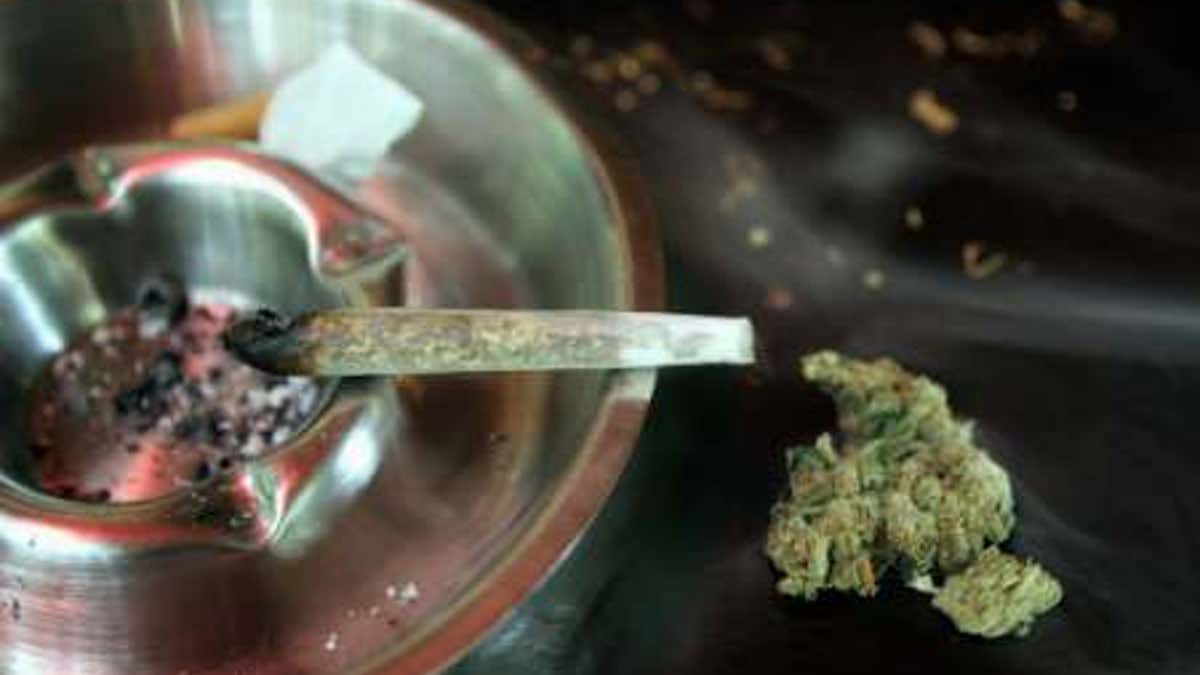
(Reuters)
Three U.S. teenagers ended up in the emergency department with altered mental states and seriously elevated heart rates after smoking synthetic marijuana, doctors say in a new report that adds to earlier evidence the popular drug can be dangerous.
One 16-year-old girl who was brought in by her boyfriend refused to move or speak and did not respond when doctors rubbed her chest hard or pinched her. Although she was lying down, her pulse was 105.
She only came back around after getting two kinds of medications -- an anti-anxiety drug and one that's used to treat abnormal movements -- and resting for several hours.
While her urine test was positive for THC, one of the active ingredients in natural marijuana, her boyfriend said they had also smoked K2, one of the many names for synthetic marijuana.
The drugs were recently banned in the U.S. and the Drug Enforcement Administration has proposed to classify them permanently as schedule 1 controlled substances -- a category that includes heroin and natural marijuana.
The synthetic versions are blends of herbs and spices laced with cannabis-like chemicals, and are sold under a variety of names, including Spice, K2 and Red X Dawn.
The synthetic drugs are believed to be much stronger than regular pot, however, and the products may include other ingredients, too.
"Because it's unregulated we don't know exactly what's in it," said Dr. Joanna Cohen, one of the authors of the new report, which was published Monday in the journal Pediatrics.
The two other cases involved both involved teenage boys.
One of them, an 18-year-old, was brought to the ER from a party, where he had gotten into an altercation. He was aggressive, agitated and sweating profusely and had a pulse of 131.
The other, a 16-year-old, seemed confused and agitated and had trouble speaking. Both teens calmed down after getting an anti-anxiety drug and were discharged from the hospital after a number of hours.
Both teens had a negative drug screen, but said they had been smoking synthetic pot, which isn't detectable on standard drug tests.
Cohen, an emergency physician at Children's National Medical Center in Washington, D.C., said the three cases described in her report are the only ones she has witnessed personally.
But last November, a team of Texas doctors published a report on three 16-year-olds who had experienced heart attacks after smoking synthetic cannabis.
And according to Cohen and her colleagues, poison control centers across the country have received 4,500 calls involving the products since 2010.
"If people were getting the effects that they wanted they probably wouldn't be calling the poison control centers," she told Reuters Health. "Anytime your teenager is acting abnormally or having aggressive agitation you should certainly seek medical attention."
